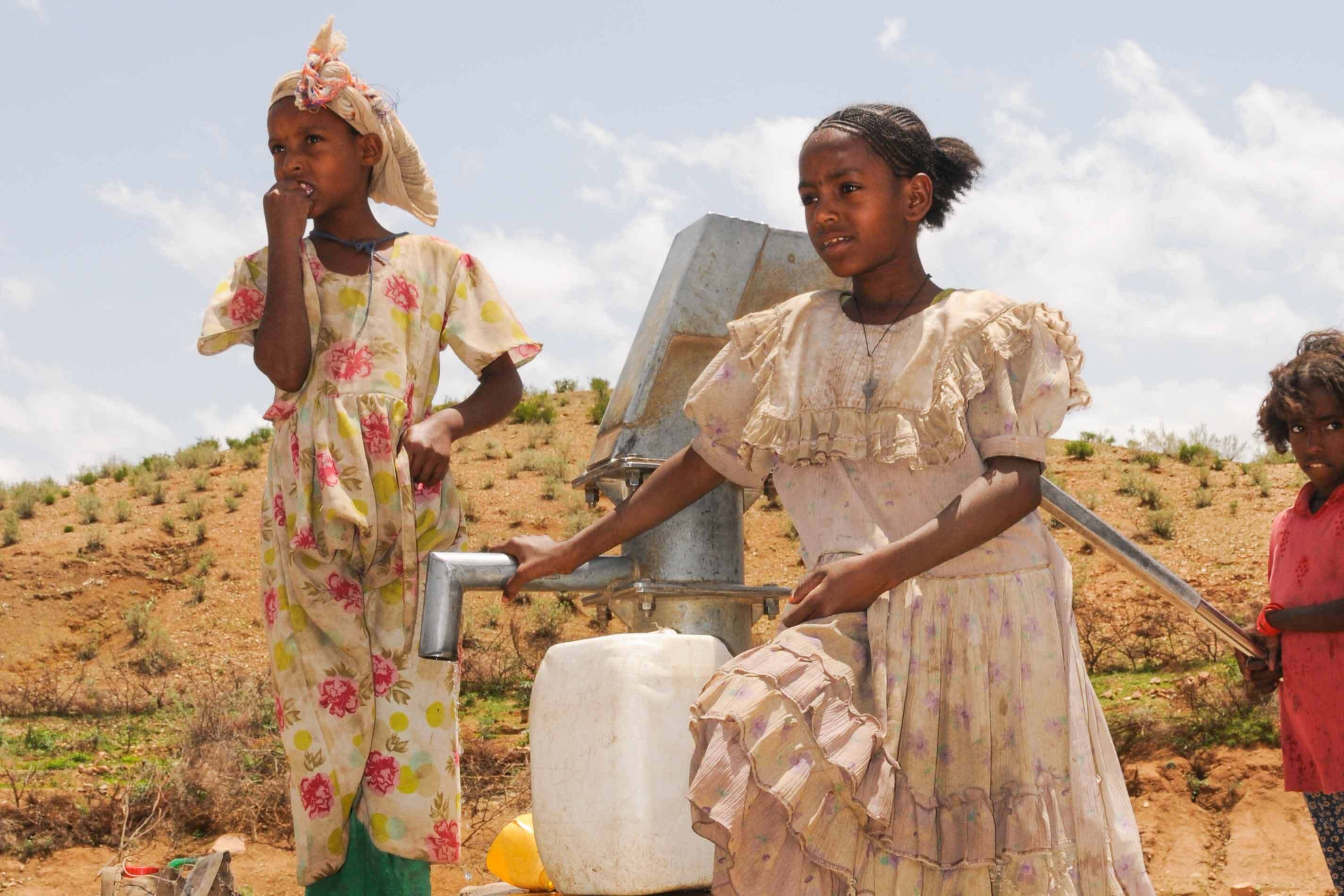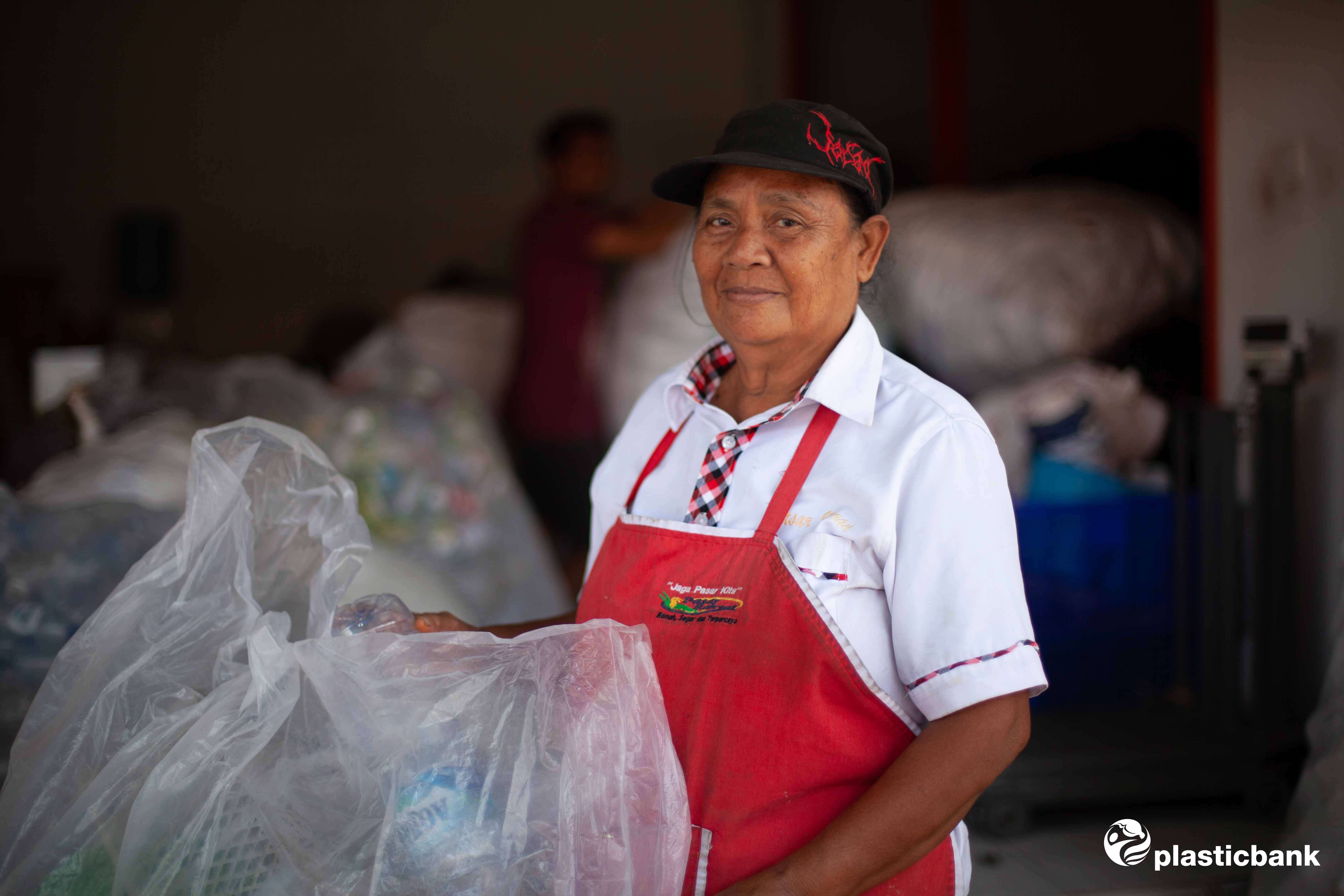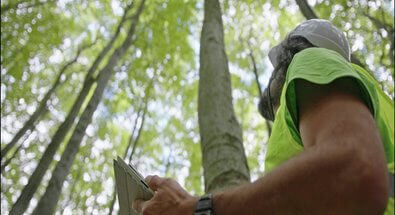Sustainability is a key part of our strategy
At Berkeley, we believe that action towards sustainability is the right thing to do. And as transformation specialists, we partner with our clients to help them shape and manage the complex change required to achieve their sustainability ambitions.
But we also believe it’s essential for our long-term success as a firm, which is why it’s a core part of our own business strategy. Berkeley is committed to our journey to net zero.
Read more about our carbon reduction plan.
We acknowledge our responsibility for sustainability and are taking meaningful action – as a responsible supplier to our clients, and as a values-driven, purposeful organisation for our people.
Two of our partners are sponsoring our sustainability work, ensuring leadership and accountability. We also have a sustainability working group, made up of passionate people from across the firm, driving action across five workstreams.
Our workstreams
How we are making progress towards net zero
Measure
We comprehensively measure our carbon footprint, covering both direct and indirect emissions (Scopes 1, 2 & 3), and seek independent validation annually.
Reduce
We have developed and are delivering on an ambitious reduction strategy to meet both short and long term science based targets, on a journey towards net zero.
Offset
We invest in a portfolio of certified carbon offset projects that make a real impact.
Engage
Within our firm, we are raising awareness, and increasing education to support both individual and collective responsibility and action.
Client
As experienced transformation specialists, we are supporting our clients to achieve their sustainability goals.
Berkeley’s carbon footprint
We have comprehensively measured our carbon footprint, covering Scope 1, 2 and 3 emissions, as defined by the Greenhouse Gas Protocol Corporate Accounting and Reporting Standard i.e. all UK and US emissions generated directly by Berkeley, through the energy we purchase, and indirectly through working with our clients and suppliers.
We partnered with sustainability consultancy ClimatePartner for independent validation of our measurement, and to ensure we are offsetting our emissions through certified projects.
Berkeley supports a number of carbon offset projects – chosen by our people following a firm-wide engagement and selection process.
The carbon offset projects we have supported
Forest protection, Brazil
This project trains local stakeholders how to manage their 72,843 hectares of forests more sustainably. In doing this, it will also improve their quality of life, offer social empowerment and meet biodiversity conservation goals. By preventing unplanned deforestation, about 7,457,910 tonnes of CO2 emissions will be avoided during the project lifetime (30 years).

Clean water, Eritrea
Eritrea suffers continuously from droughts, floods, soil erosion and land degradation – all of which are set to be exacerbated by climate change. Through this project broken boreholes (used to extract water) are identified and repaired, providing these communities with access to safe, clean water.

Clean water, Sierra Leone
This carbon offset project is helping local communities to restore 57 wells, using borehole technology. Damaged wells are repaired and regularly maintained, which secures the regional supply of clean drinking water. It eliminates the need to sanitise water through boiling over inefficient wood-fuelled fires, saving an average of 10,000 tonnes of CO2 emissions per year.
The project also improves gender equality, giving women and girls more time for education or additional income by reducing the demands to collect water and firewood.

Clean oceans, Worldwide
This project is stopping plastic waste from entering the oceans while improving the lives of those most affected. In Haiti, Indonesia, Brazil and the Philippines, people can collect and exchange plastic waste for money, food, drinking water, or even school fees. The plastic is then recycled and turned into raw material for new products.
The ocean stores a quarter of the CO2 from the atmosphere and even 93 percent of the heat caused by the greenhouse effect. Reducing plastic pollution helps protect the ocean’s ecosystem so it can continue acting as a major brake on climate change.

Forest protection, Colombia
This initiative supports indigenous peoples to avoid deforestation, protecting 1,150,200 hectares of tropical forests and safeguarding their biodiversity. It provides education, healthcare, sanitation, food security, nutrition, and further social benefits for 16,000 indigenous people. The project works hand-in-hand with the communities to constantly inform and train them, improve living conditions and promote sustainable economic growth.

The carbon offset projects we have supported
This project trains local stakeholders how to manage their 72,843 hectares of forests more sustainably. In doing this, it will also improve their quality of life, offer social empowerment and meet biodiversity conservation goals. By preventing unplanned deforestation, about 7,457,910 tonnes of CO2 emissions will be avoided during the project lifetime (30 years).

Eritrea suffers continuously from droughts, floods, soil erosion and land degradation – all of which are set to be exacerbated by climate change. Through this project broken boreholes (used to extract water) are identified and repaired, providing these communities with access to safe, clean water.

This carbon offset project is helping local communities to restore 57 wells, using borehole technology. Damaged wells are repaired and regularly maintained, which secures the regional supply of clean drinking water. It eliminates the need to sanitise water through boiling over inefficient wood-fuelled fires, saving an average of 10,000 tonnes of CO2 emissions per year.
The project also improves gender equality, giving women and girls more time for education or additional income by reducing the demands to collect water and firewood.

This project is stopping plastic waste from entering the oceans while improving the lives of those most affected. In Haiti, Indonesia, Brazil and the Philippines, people can collect and exchange plastic waste for money, food, drinking water, or even school fees. The plastic is then recycled and turned into raw material for new products.
The ocean stores a quarter of the CO2 from the atmosphere and even 93 percent of the heat caused by the greenhouse effect. Reducing plastic pollution helps protect the ocean’s ecosystem so it can continue acting as a major brake on climate change.

This initiative supports indigenous peoples to avoid deforestation, protecting 1,150,200 hectares of tropical forests and safeguarding their biodiversity. It provides education, healthcare, sanitation, food security, nutrition, and further social benefits for 16,000 indigenous people. The project works hand-in-hand with the communities to constantly inform and train them, improve living conditions and promote sustainable economic growth.

Berkeley’s carbon reduction strategy
Berkeley’s ambitious reduction strategy is delivering real change to work towards achieving net zero emissions. We have set science based targets, in line with guidance from the Science Based Target initiative (SBTi).
Our reduction initiatives
The areas of focus for our reduction activity
Travel
We are committed to reducing our travel-related emissions – the largest part of our carbon footprint – and are encouraging our people to choose the most carbon-efficient means of travel wherever possible. Where flights are necessary, Berkeley will seek to use sustainable aviation fuel options wherever possible, in recognition of the high impact of air travel.
Technology
We have committed to replacing our employee IT equipment on a less frequent basis, and are encouraging our people to consider opting out of device upgrades if there are no performance issues. By extending the lifecycle of our laptops and smartphones, we are helping to reduce production-related carbon emissions.
Engagement
We are implementing and embedding sustainable practices within our office operations. As part of this, we are educating and empowering our people on individual responsibility and action so that everyone takes ownership and can play their part.

Working with our clients
As experienced transformation specialists, we are supporting our clients to achieve their sustainability goals. We help them to set the right strategy and operating model, mobilise and deliver change, and engage key stakeholders – to ensure success and drive lasting outcomes.

Working with a sustainability partner
Berkeley is working together with ClimatePartner, which has independently verified our emissions measurement and helped us to select and support offset projects that make an impact.






